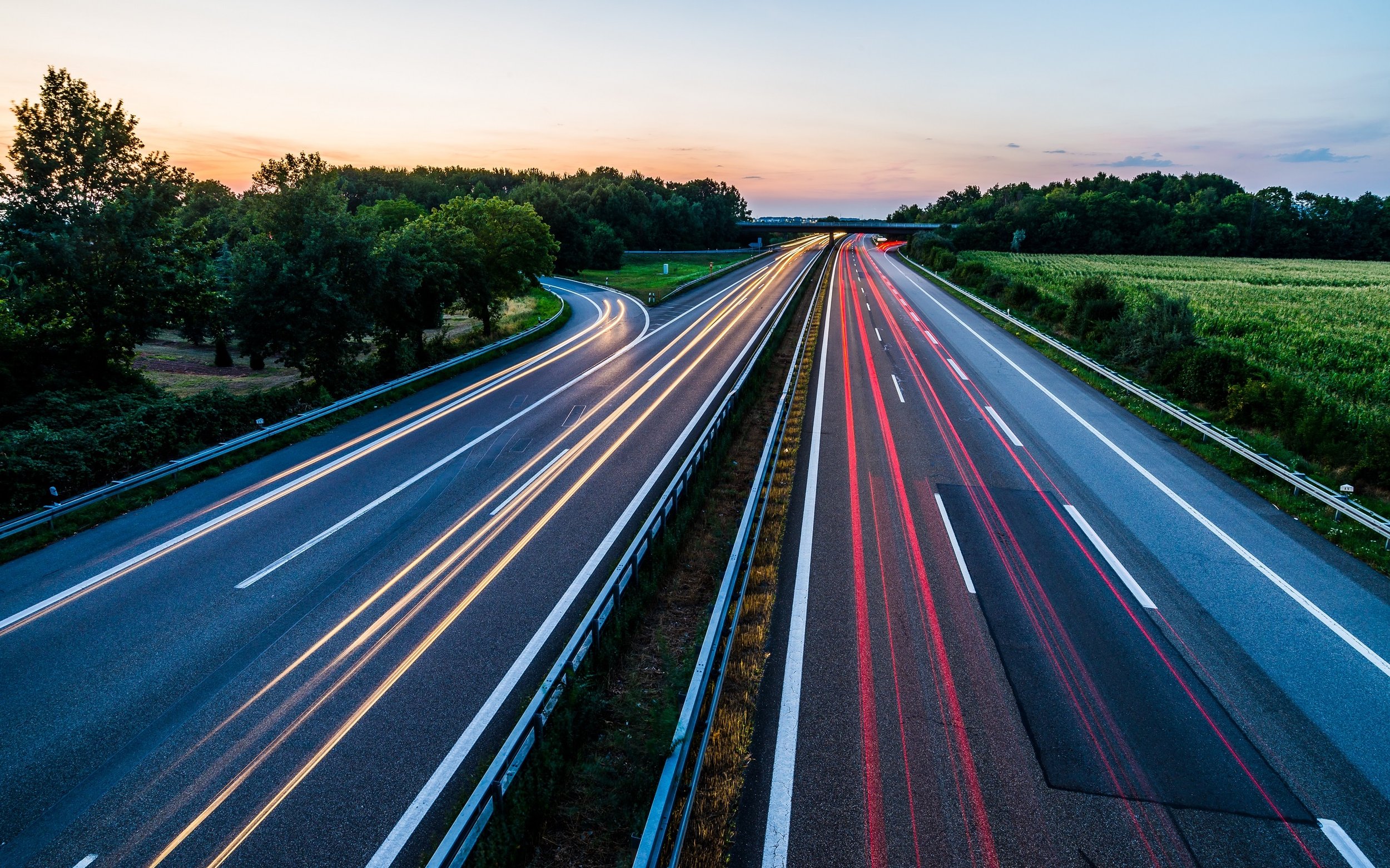Every Solutions Counts
Around 740 million tons of carbon dioxide (CO2) were emitted in the EU in 2021 through the combustion of fuels in road transport. Cars and motorcycles accounted for the largest share of emissions, at 64%. Trucks and buses accounted for 27%, with light commercial vehicles accounting for a further 10%.
Emission savings have not been achieved in recent years. It is true that better engines and exhaust technology as well as the use of new fuels (such as E10) contribute to the reduction of pollutant emissions. However, these measures are more than offset by the increasing volume of traffic and the increasing number of high-powered vehicles with comparatively high fuel consumption.
Between 1990 and 2021, annual CO2 emissions from road transport increased by 21% across the EU. The most significant increase in CO2 emissions came from light commercial vehicles (+49%). CO2 emissions from trucks and buses increased by 28% and those from passenger cars by 15%. With the help of the European Green Deal, the EU wants to become climate-neutral by 2050.

There isn’t only one single lane…
The decarbonization of the transport sector faces a variety of challenges, ranging from the limited range and charging infrastructure of electric vehicles to the need for a large-scale shift to renewable energy to power vehicles. In addition, questions of resource scarcity and environmental compatibility must also be considered in the production of alternative drive technologies. Given the urgent need to mitigate climate change, it is crucial to use all available technical options to drive decarbonization. This requires a holistic approach that includes hydrogen technologies, biofuels, efficient public transport, and innovative solutions for freight transport in addition to electric vehicles. By integrating different technologies, a robust and sustainable transport transition can be achieved, which not only reduces CO2 emissions, but also contributes to the creation of a more resilient and future-proof mobility infrastructure.

Each and Every Effective Measure Counts
As an institute, we support sustainable solutions that drive us forward in decarbonization. In doing so, we support every measure that is economically feasible and can contribute. For EUWINA, decarbonization is not a question of faith for a technology, religious zeal does not suit us. We support any technology-open approach that is sustainable - for all means of transport and beyond.
Emissions reduction of the existing vehicle fleet
We are convinced that a variety of measures are needed to free ourselves from fossil fuels. Whether electromobility, hydrogen as an energy source, sustainable biofuels - the world needs region-specific solutions that are sustainable on the one hand and economically feasible for the respective phase of decarbonization on the other. In this case, the journey is indeed the reward, because on the way to a climate-neutral economy there will still be many branches and thus decision points that we do not yet know today. It will always be crucial that every measure is economically viable in the long term and not permanently dependent on subsidies.
As a non-profit institute, we therefore support sustainable and economically viable decarbonisation projects in all sectors of the economy out of conviction. A special focus for us is the mobility sector, which has the greatest need to catch up.
Get In Touch
Give us a call or send a message and let us know your needs
E-Mail
d.haerthe@senate-international.org
Phone
+49-163-4843711

